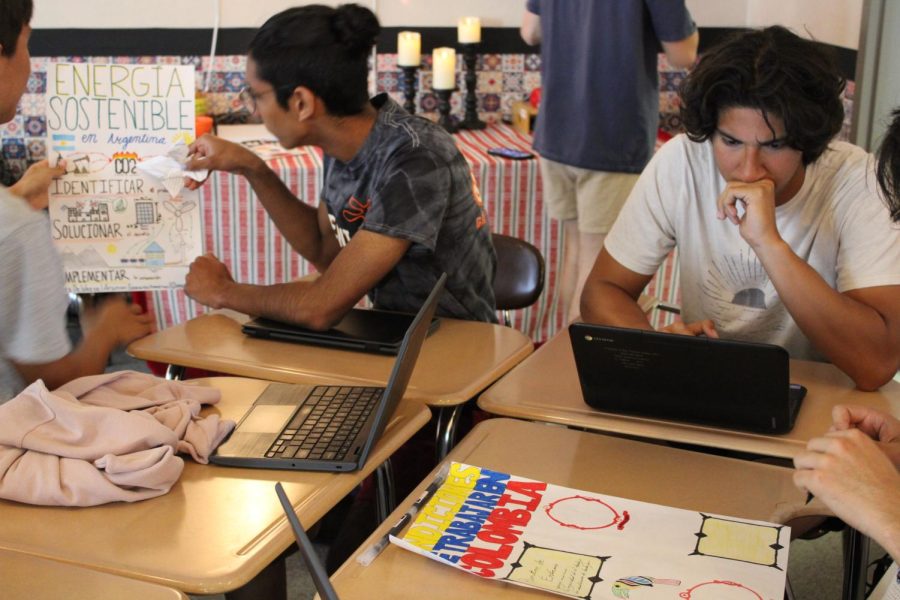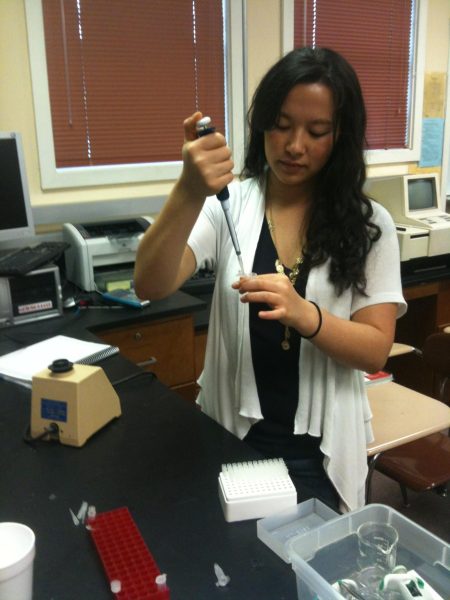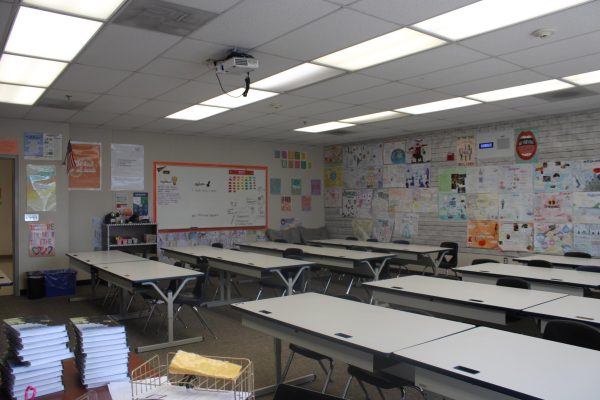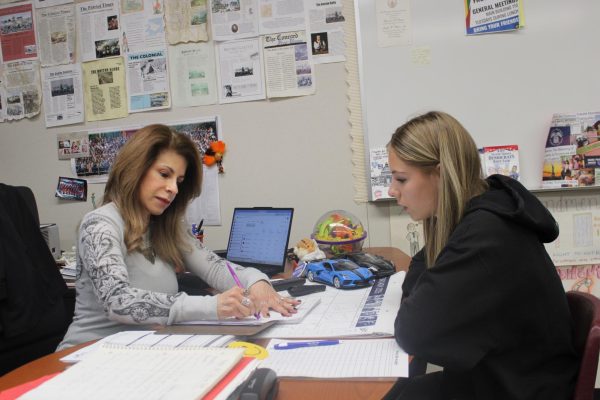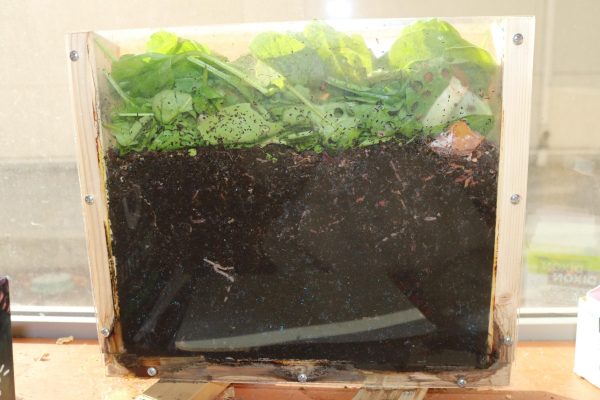AP Spanish aids Latin America
Class project has students creating solutions for sustainable development in several Spanish speaking countries
AP Spanish teachers have decided to expand their students’ horizons this year with a final project that looks beyond textbooks and the Bay Area and into Latin America.
As part of the project, students in these classes must pick a Latin American country and create a presentation on how to solve a sustainable development issue in that country.
Groups of students were required to pick a topic from within the United Nations’ 17 objectives of sustainable development, AP Spanish teacher Scott Tinetti said.
The United Nations’ 17 objectives are a worldwide list of goals that try to meet the needs of the present without compromising future generations. The students had to choose from 21 Spanish speaking countries in Latin America, Spain and Equatorial Guinea.
Some objectives in the program are based around the environment, poverty, hunger, and gender rights.
Tinetti said students were assigned to come up with an overarching question about how to fix a problem or injustice related to their objective, investigate the issue, and devise a solution to help solve the problem. Students are required to interpret their project in a form of presentation.
“Through that question and through their investigation, they will be, and have been, interviewing experts or doing research creating websites or creating social media accounts in order to get the information out there to solve these problems,” Tinetti said.
Senior AP Spanish student Mallory Martinez is working on a film project about climate change, its causes, and what the United States is doing to address it. Martinez is focusing on how the US and Costa Rica are addressing climate change.
Martinez said she and her peers have interviewed other students about who they think has the worst effects of climate change, Costa Rica or California, and which country has a better response. She said she has learned a lot about climate change through her research.
“I think it’s really interesting when you take a Latin American country and you compare it to the United States,” Martinez said. “I think going into the project you do have a lot of biases or expectations.”
Martinez said she learned that Costa Rica has been actively helping reduce climate change more than the US.
“You get to expand not only your knowledge of the language but also the cultures that your foreign language is from,’’ Martinez said.
Students have come up with various ways they can ask a question about one of the UN’s 17 objectives and solve it.
“[Tinetti] wants you to be as creative as possible,” senior AP Spanish student Diego Nunez said. “You can do whatever you want, like a podcast.”
Nunez chose the category of clean energy and decided to focus on the South American country Argentina.
“We decided to make a model of how clean energy works,” Nunez said.
Nunez and his group got to interview via Zoom an Argentinian that works in producing clean energy in that country.
Tinetti also hopes the students will learn about a wider range of countries and states in the world rather than just the US. He believes this project allows students to expand beyond the book learning aspect of Spanish by using their knowledge to solve world issues.
The week before students took their AP test, the Spanish classes presented their projects to other Spanish classes.
“We learn about it [Latin American problems] but we don’t really do much to help,” freshman Alyssa Reyrao said. “So to see something that you’re actually taking action on, that’s pretty cool.”
Tinetti hopes that students will benefit from this project by learning about the issues they are trying to resolve.
“I think [the benefit] is for the students here in this class who are getting [to] explore outside of the confines of a normal classroom and go out and speak to experts in their field,” Tinetti said.
Other Spanish teachers hope that this project will reach Latin America and possibly do great things with its impact.
“I would hope that it reaches those who can bring it to the next level in their country,” Spanish teacher Sara Adams said. “Whether it’s the project itself that sparks an interest in those around the world, it helps them or encourages them to take it to the next level, that would be great.”
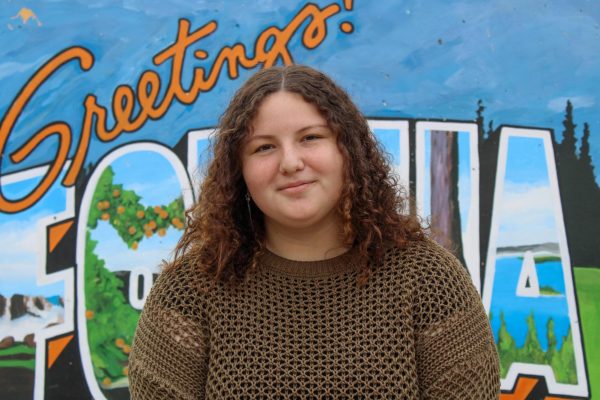
Junior Daniela Noubleau is returning once again this time for her third year of newspaper.This is her first year being an Ad manager. She hopes to expand...
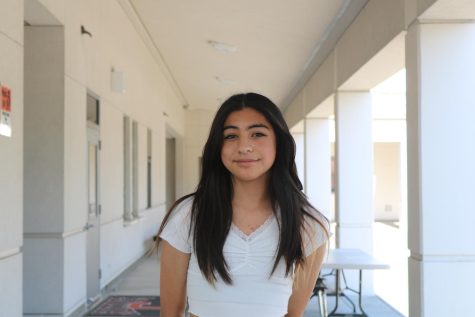
Junior Cameron Ho is a journalist for The Californian. Whenever they aren't doing school work you can find them playing video games with friends. They...
